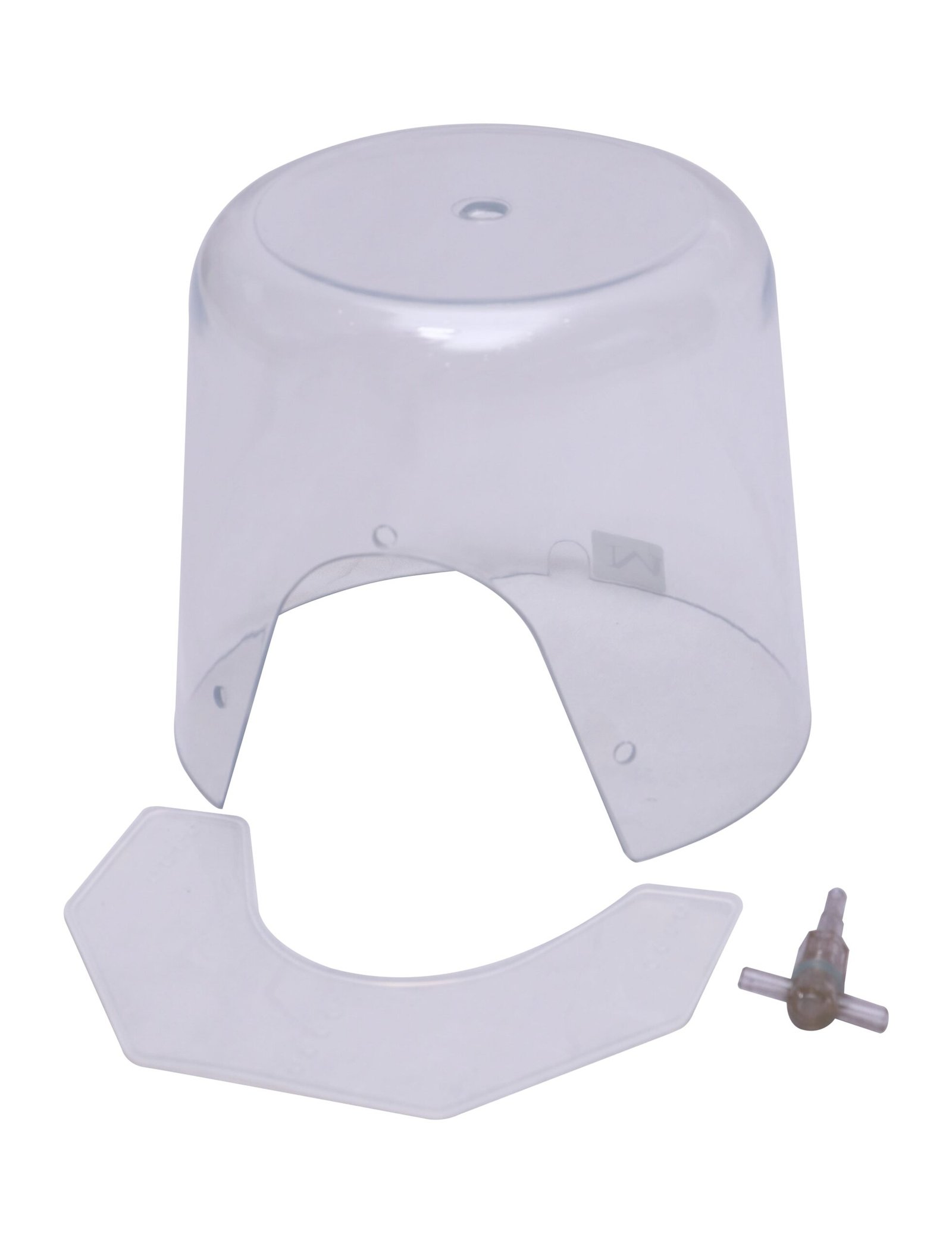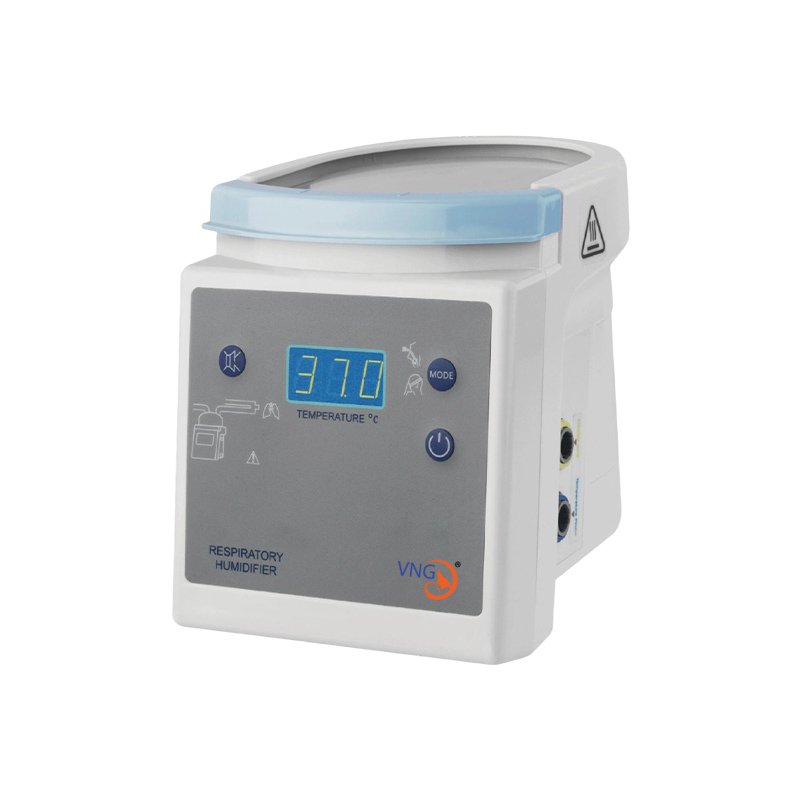What is a Neonatal Oxygen Hood?
A Neonatal Oxygen Hood is a plastic dome or box with warm, moist oxygen in the interior. It placed over the baby’s head.
Infant Oxygen Levels
According to the department of health and environmental control, a healthy and normal infant requires 21% oxygen in their ambient air. Because babies with heart or lung problems may need to uptake increased amounts of oxygen to get normal levels of oxygen in their blood.
Oxygen Therapy & Devices
Oxygen therapy is advisable for infants who for some reason, experience its deficiency despite having a normal breathing system. So, the available oxygen therapy devices are decided upon by evaluating the amount of oxygen needed by the infant and if there is a need for a breathing machine.
Nasal Cannula
The nasal cannula is a thin, soft, plastic tube. That is an efficient oxygen delivery equipment as it ensures direct delivery even at low flow rates.
The Functioning Principle Of Neonatal Oxygen Hood
Oxygen enters through a gas inlet port, and exhaled gas leaves primarily through the opening of the neck. And this renders up to 80% to 90% oxygen, good humidification, and a controlled temperature making it effective for use during chest tube insertion.
Neonatal Oxygen Hood Salient Features
The transparent and reusable hoods provide all-round visibility of the infant, allowing proper vigilance at all states whereas the smooth edges provide safety.
Flow Rate Control
The flow rate of the hood can be managed using an oxygen regulator. Thus making it an excellent solution to problems encountered during oxygen delivery and environmental control.








